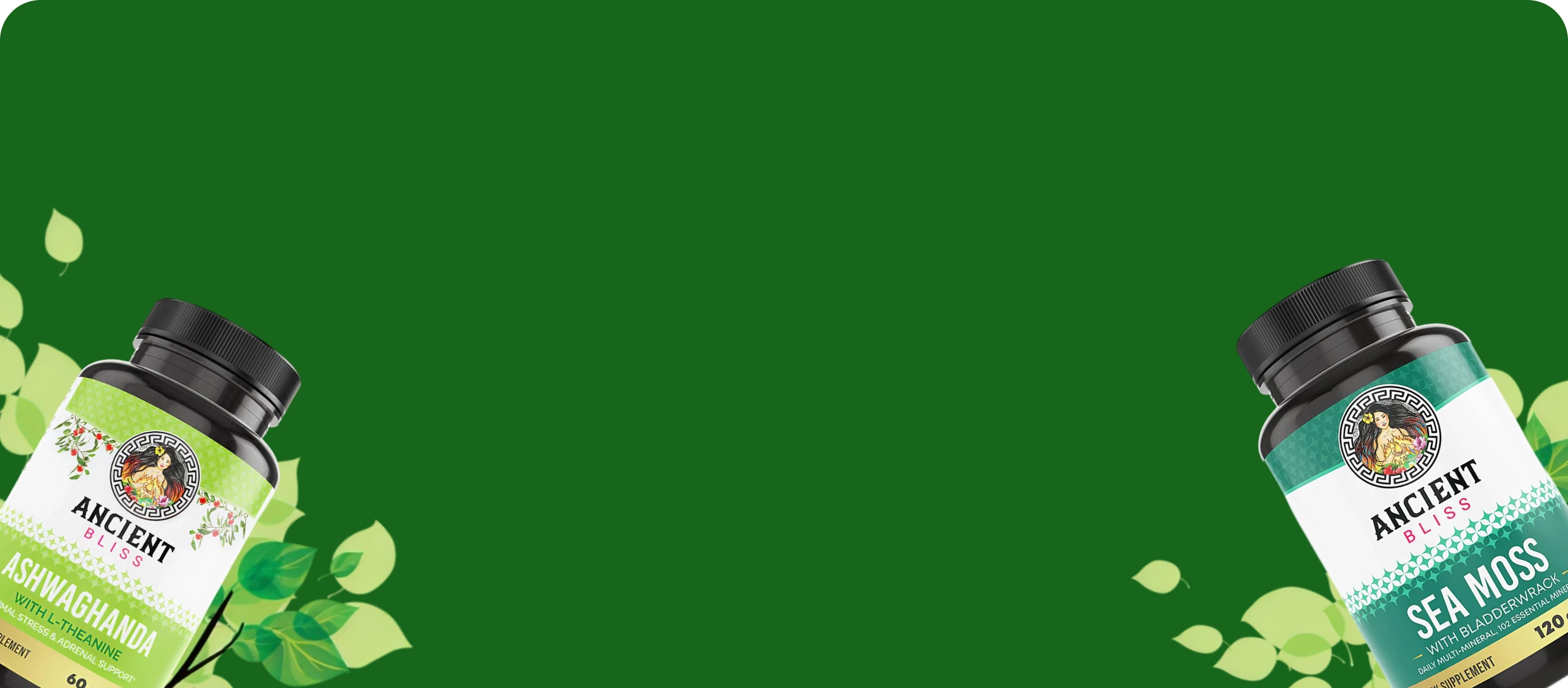Do Supplements Work? Or Are We Better Off Without Them?

Do Supplements Work (Or Are We Better Off Without Them?)
Like most people interested in becoming fitter and happier, you’ve probably wondered if dietary supplements work.
While a simple and valid question, the answer is far more nuanced than most people imagine.
Still, none of this suggests that we shouldn’t try to answer it. So, without further ado, let’s take a look at dietary supplements and try to determine their effectiveness.
A Huge Problem With The Supplements Industry
A significant problem with supplements is the stellar marketing efforts many companies exert. Manufacturers often endorse professional athletes, models, and influences to promote their products. They also run ads, publish case studies, and encourage their clients to leave favorable reviews. Some manufacturers go as far as to make false claims about their products to pull people looking for the quick fix.
Good marketing allows mediocre companies to thrive and make boatloads of money. But decent sales figures don’t necessarily mean a product works for the consumer. Let’s take pre-workout stimulants as an example here:
Pre-workouts are a dime a dozen today, and it seems like every company today offers one. Why? Because these products sell well and require minimum marketing to convince people. All companies have to do is slap a few benefits to their pre-workout and watch the sales come in.
But the brutal reality is that many manufacturers underdose effective ingredients and instead fill their supplements with filler that offer no particular value for the user. In doing so, they cut manufacturing costs, improve profit margins, and buy yachts on Newport Beach.
False Marketing Is Not The Only Problem…
The supplements industry would have been amazing if all we had to worry about was false marketing. In some cases, supplements don’t work simply because manufacturers don’t know any better. Sheer ignorance is one reason, but a lack of scientific research is another.
For example, a supplements company might set out to create a helpful product for its consumers. They might do their research, acquire the raw materials, run countless tests, and produce the supplement. The issue is, some (or all) of the supplement’s ingredients might not be all that beneficial for us.
There have been instances in the past where a compound would gain some initial scientific traction, and manufacturers would jump at the opportunity to create a good product. But then, later studies wouldn’t be able to replicate the initial findings, leading to confusion among manufacturers and customers.
In other instances, specific compounds might show modest benefits but only in the short term and in specific populations of people. If we take the product for a longer period or test its effects on a larger pool of people, we realize that its effects are much less potent than we had initially thought.
The third significant issue with supplements is that we can’t always know how individual compounds interact with one another and how they might work for people with certain health conditions. For example, creatine is among the healthiest and best-studied compounds on the planet (1, 2). With studies dating back five decades, creatine has proven itself without causing any harm from long-term use. Still, these effects apply to healthy individuals with no kidney or liver issues (3).
The truth is, supplements come with some significant shortcomings, and not all arise from malicious practices. Often, the issues stem from a lack of knowledge. Luckily, countless brilliant minds are producing all sorts of experiments and publishing fantastic studies every week. As time passes, we learn more about compounds, how they work, and how to best mix them for optimal results.
The Million Dollar Question: Do Supplements Work?
There is no single answer to the question because the dietary supplements market is enormous, and thousands of manufacturers offer their products today.
After reading the previous points, you might be questioning the integrity of all supplements, which is good. You should be skeptical, and you should think carefully before purchasing supplements.
The best answer we can give is this:
Some dietary supplements work for certain people under specific circumstances. For example, vitamins are organic compounds that allow the body to carry out essential processes that keep us healthy and vibrant. So, a vitamin supplement seems like a no-brainer for anyone who wants to improve their health. The problem is, for that vitamin to benefit a person, it has to:
- Be of high quality
- Offer a large enough dose to cover daily needs
- Prevent or fix a nutrient deficiency
If the product can’t check off these boxes, it won’t benefit the person too much. Sure, you might take a vitamin C supplement to boost your immunity (4). But if you’re already getting enough vitamin C through your nutrition, adding more on top of that likely won’t benefit you much.
There are exceptions to the rule, but even those come with caveats. For instance, protein powders are beneficial because they provide us with the essential protein that plays an integral role in our health and physical development (5). Still, for a protein powder to work, it has to:
- Offer enough protein
- Digest well (without causing stomach distress)
- Prevent a deficiency or help us reach a daily recommended dose
The good news is that some products genuinely work, and the people behind them focus on customer satisfaction first. The issue is, finding effective supplements takes time and effort. We recommend considering each product carefully based on the brand’s reputation and transparency. Marketing claims certainly sound alluring, but these alone don’t ensure a product’s quality, effectiveness, or safety.
But Wait: What If I Eat a Healthy Diet? Should I Supplement Then?
Another common and logical question people have relates to their nutrition. Folks who follow a healthy diet often wonder if they should even take supplements.
The truth is, you most likely do need some supplements because covering all your needs through nutrition alone is incredibly difficult (6). Getting enough high-quality protein, complex carbs, heart-healthy fats, fiber, and the essential micronutrients is challenging, especially with the modern Western diet.
The issue is further exacerbated when we consider the current state of agriculture and overall food manufacturing. For example, the soil in which fruits and vegetables grow has been depleted of many essential nutrients, resulting in less nutritious food (7).
Taking the right products can help you stay on top of your health, prevent deficiencies, and feel better.
In same category
-
![]()
Do Supplements Work? Or Are We Better Off Without Them?
Do Supplements Work (Or Are We Better Off Without Them?) Like most people interested in becoming fitter and happier, you’ve...
-
![]()
Do Supplements Work? Or Are We Better Off Without Them?
Do Supplements Work (Or Are We Better Off Without Them?) Like most people interested in becoming fitter and happier, you’ve...
-
![]()
Do Supplements Work? Or Are We Better Off Without Them?
Do Supplements Work (Or Are We Better Off Without Them?) Like most people interested in becoming fitter and happier, you’ve...




